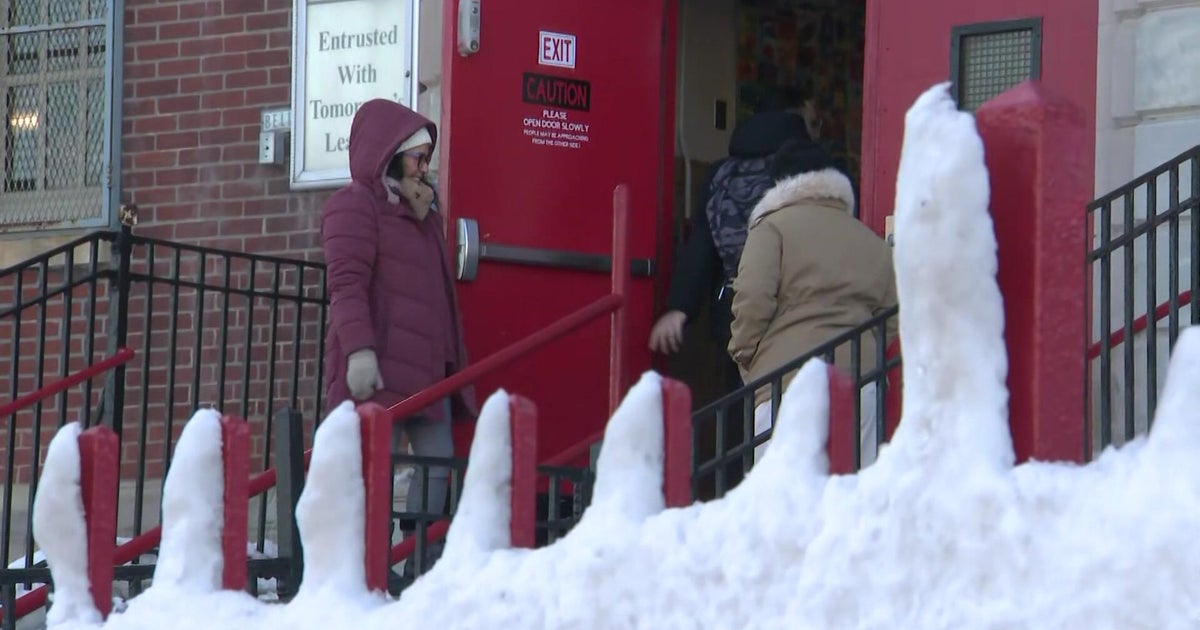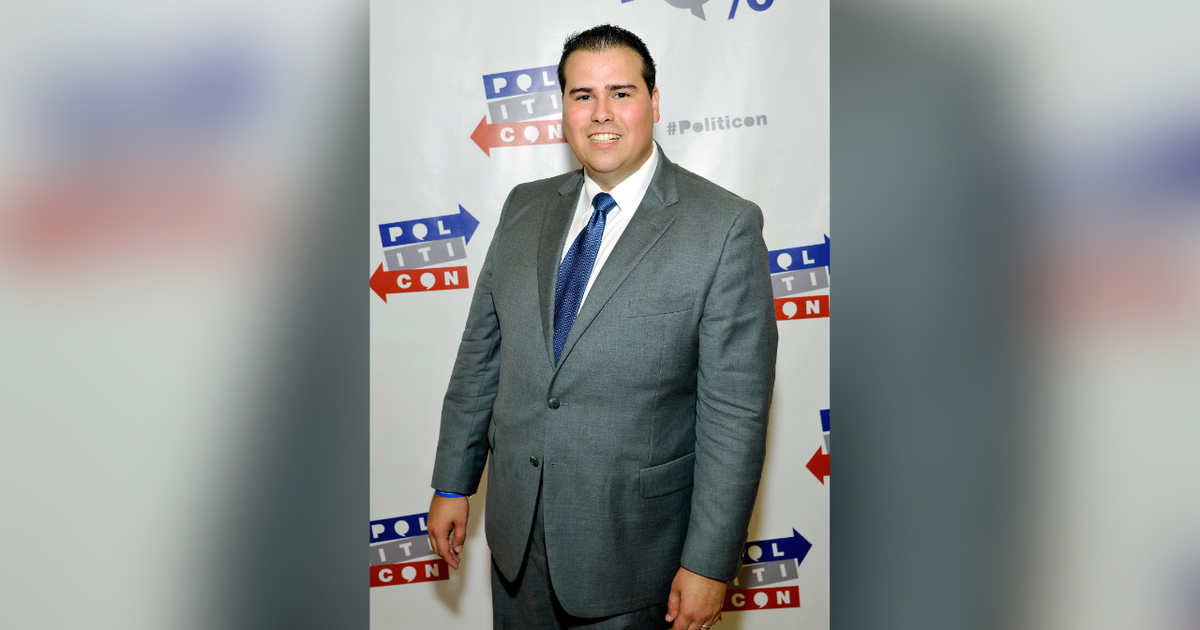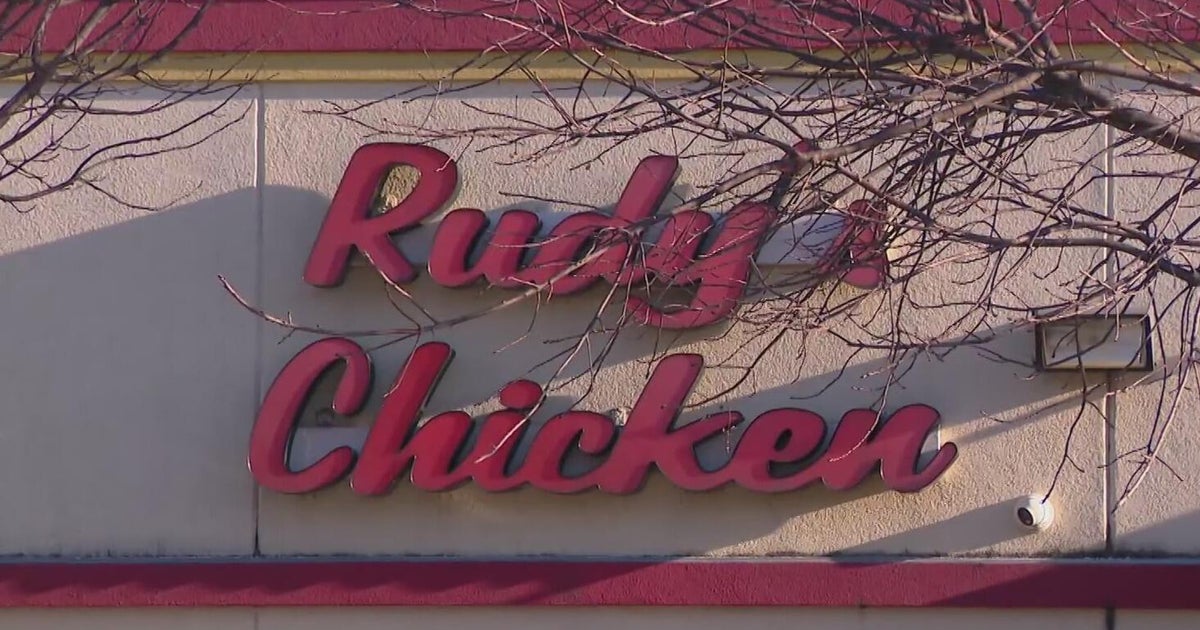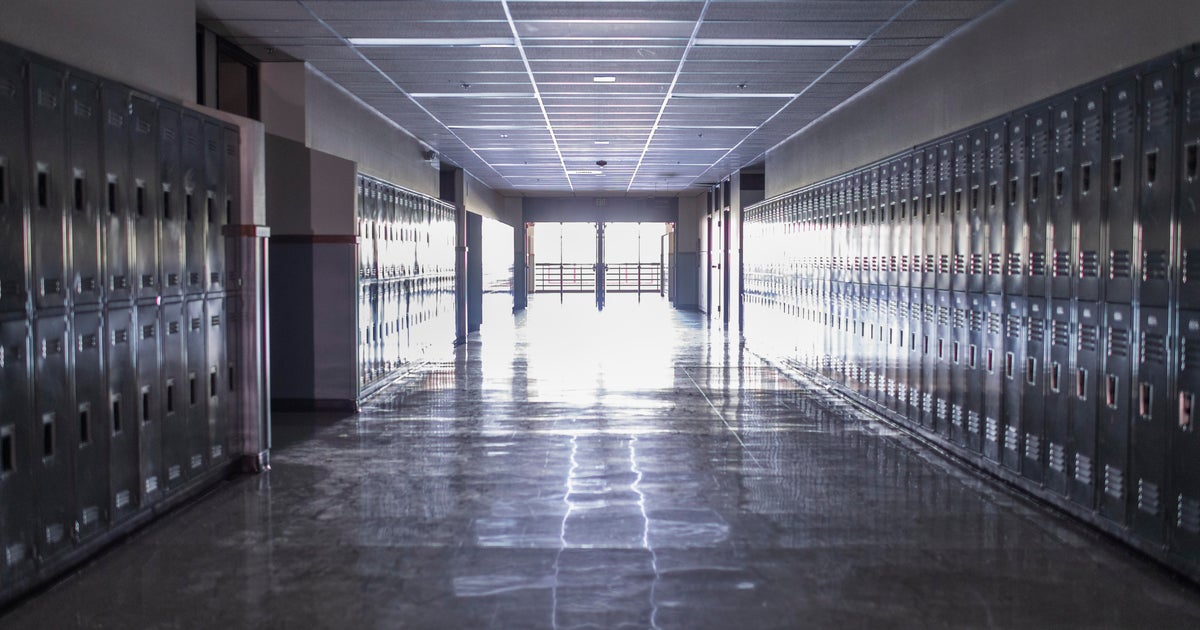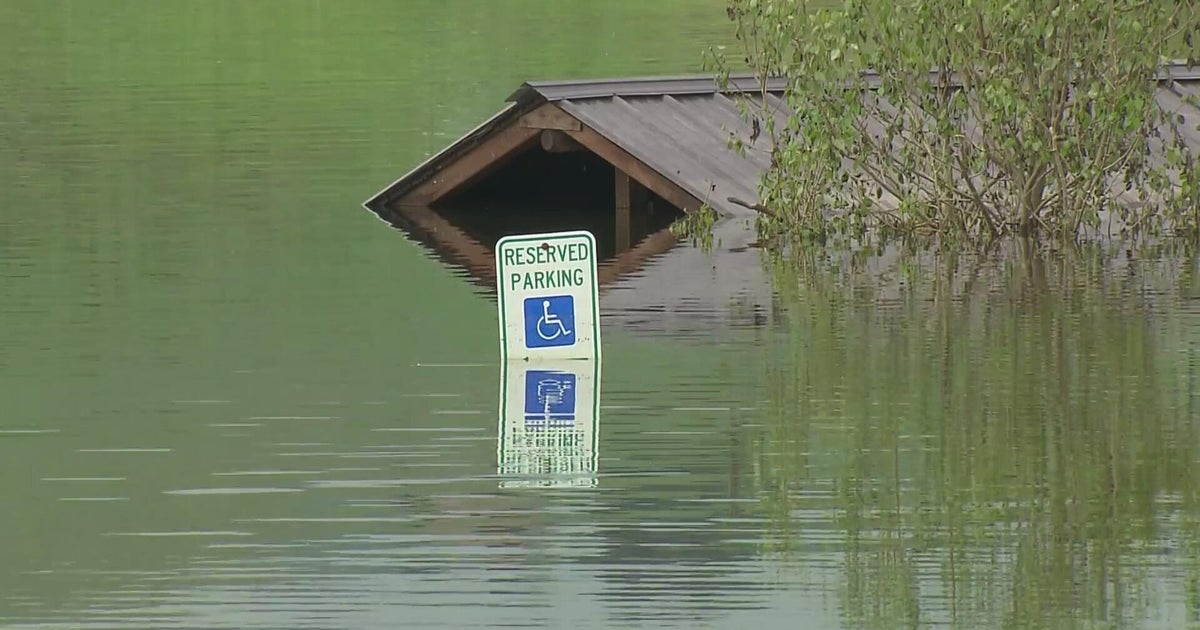Experts explain how the Supreme Court's decision on affirmative action will affect California
While California has banned the practice of race-conscious admissions for almost three decades, the Supreme Court's decision to end affirmative action still brings changes to higher education in the Golden State.
"This court is saying institutions that are receiving federal funds in the form of student loans — so even those private institutions in California — if they don't want to lose those federal loans, which of course they don't, are going to have to stop using race," said Jason Whitehead, a political science professor at CSU Long Beach.
In 1996, voters approved Proposition 209, which made California the first state to ban race-conscious admissions in public higher education. The state saw racial minority admissions, especially African American and Latino admissions, drop dramatically at public universities. However, this didn't affect private colleges.
"A lot of that overflow was taken up by private institutions and now that we're taking private institutions out of the equation, I think that's going to have a pretty dramatic effect on the next generation of Californians," said Whitehead.
The University of California President said the Supreme Court's decision is disappointing. The UC system said they will continue to use a comprehensive review process to evaluate applicants based on factors such as:
- Academic accomplishments in light of a student's life experiences and special circumstances
- Quality of academic performance relative to the educational opportunities available to the applicant in high school
- Marked improvement in academic performance as demonstrated by GPA
- And special talents, achievements, skills or experiences.
"A lot of universities will have their applicants write an adversity statement or some statement that talks about challenges they faced in their life," said Whitehead. "And they mention race in those statements but they also mention other things: Being a first-generation student, for example, being an immigrant."
Advocates for students in low-income communities of color raised concerns about how the high court's decision will affect high school students who are thinking about where to apply.
"It's important for students to continue to aim for what they want and apply to the private universities — apply to the out-of-state institutions and continue to show they want access to these institutions," said Mayra Lara, director of the Southern California Partnerships and Engagement at Education Trust-West.
Lara's nonprofit focuses on education justice and equity through research and policy advocacy across the state.
"We're going to continue to publish reports and develop tool kits and resources to show students different ways they can continue to advocate for an educational system that is equitable," she said. "The reality is we can't let this discourage us."

